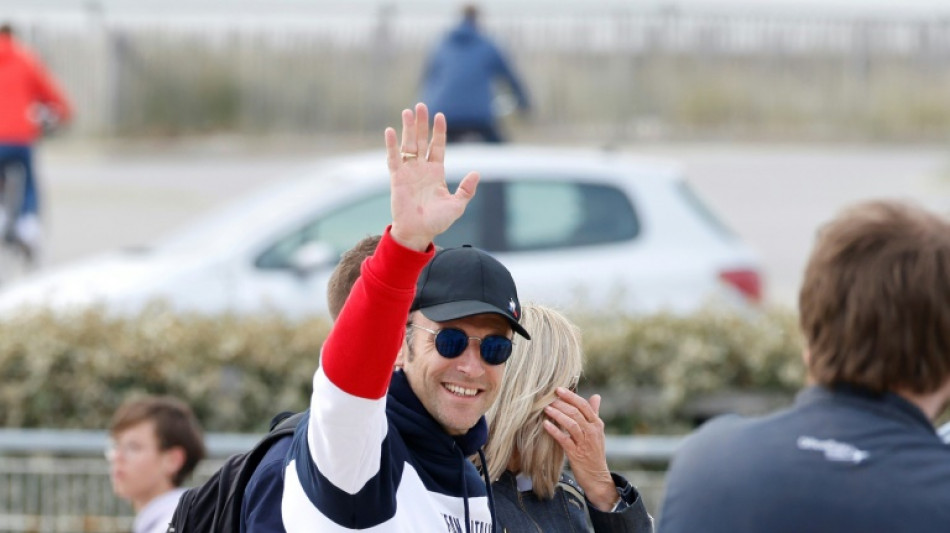
-
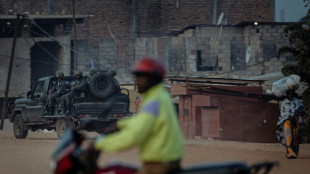 M23 militia says to pull out of key DR Congo city at US's request
M23 militia says to pull out of key DR Congo city at US's request
-
Thousands of glaciers to melt each year by mid-century: study
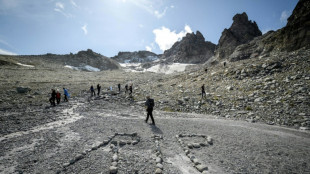
-
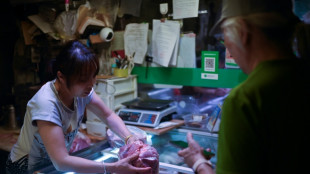 China to impose anti-dumping duties on EU pork for five years
China to impose anti-dumping duties on EU pork for five years
-
Nepal starts tiger census to track recovery

-
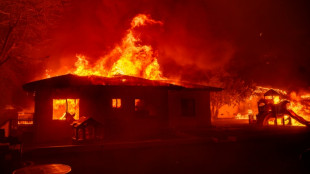 Economic losses from natural disasters down by a third in 2025: Swiss Re
Economic losses from natural disasters down by a third in 2025: Swiss Re
-
Indonesians reeling from flood devastation plea for global help
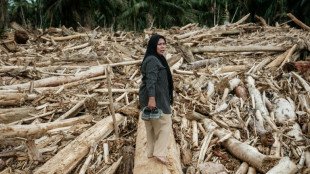
-
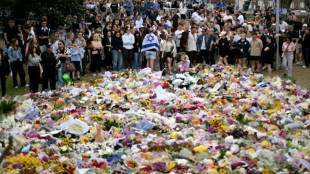 Timeline: How the Bondi Beach mass shooting unfolded
Timeline: How the Bondi Beach mass shooting unfolded
-
On the campaign trail in a tug-of-war Myanmar town

-
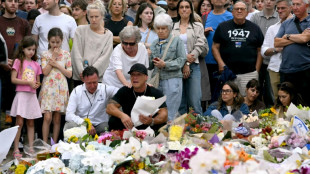 Bondi Beach suspect visited Philippines on Indian passport
Bondi Beach suspect visited Philippines on Indian passport
-
Kenyan girls still afflicted by genital mutilation years after ban
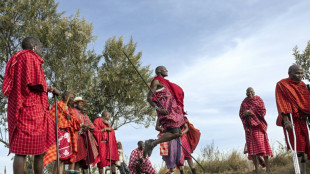
-
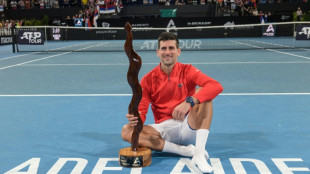 Djokovic to warm up for Australian Open in Adelaide
Djokovic to warm up for Australian Open in Adelaide
-
Man bailed for fire protest on track at Hong Kong's richest horse race
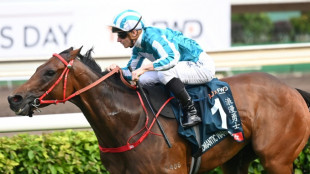
-
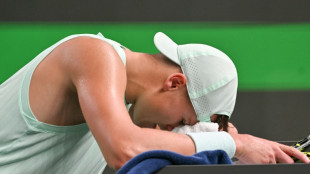 Men's ATP tennis to apply extreme heat rule from 2026
Men's ATP tennis to apply extreme heat rule from 2026
-
10-year-old girl, Holocaust survivors among Bondi Beach dead
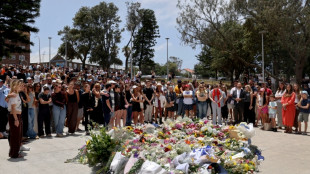
-
 Steelers edge towards NFL playoffs as Dolphins eliminated
Steelers edge towards NFL playoffs as Dolphins eliminated
-
Australian PM says 'Islamic State ideology' drove Bondi Beach gunmen
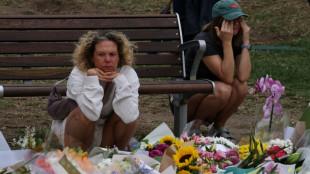
-
 Canada plow-maker can't clear path through Trump tariffs
Canada plow-maker can't clear path through Trump tariffs
-
Bank of Japan expected to hike rates to 30-year high

-
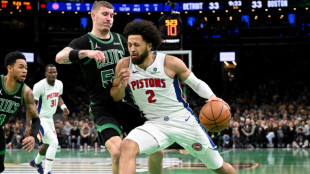 Cunningham leads Pistons past Celtics
Cunningham leads Pistons past Celtics
-
Stokes tells England to 'show a bit of dog' in must-win Adelaide Test
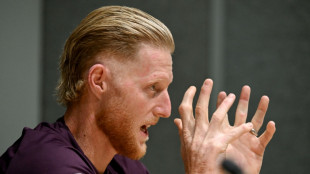
-
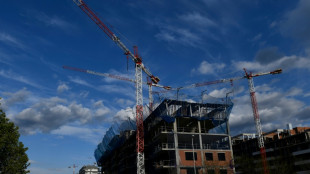 EU to unveil plan to tackle housing crisis
EU to unveil plan to tackle housing crisis
-
EU set to scrap 2035 combustion-engine ban in car industry boost
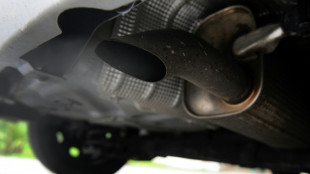
-
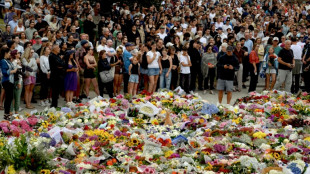 Australian PM visits Bondi Beach hero in hospital
Australian PM visits Bondi Beach hero in hospital
-
'Easiest scam in the world': Musicians sound alarm over AI impersonators

-
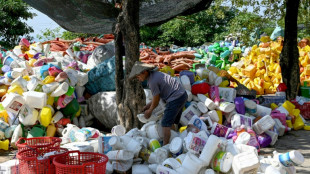 'Waiting to die': the dirty business of recycling in Vietnam
'Waiting to die': the dirty business of recycling in Vietnam
-
Asian markets retreat ahead of US jobs as tech worries weigh
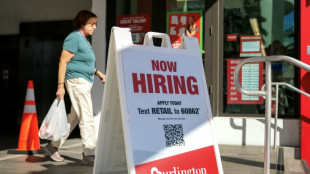
-
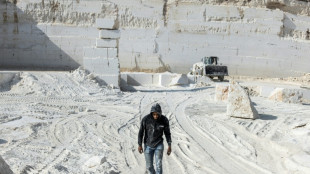 Famed Jerusalem stone still sells despite West Bank economic woes
Famed Jerusalem stone still sells despite West Bank economic woes
-
Trump sues BBC for $10 billion over documentary speech edit
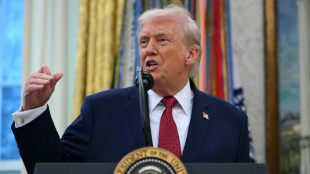
-
 Chile follows Latin American neighbors in lurching right
Chile follows Latin American neighbors in lurching right
-
Will OpenAI be the next tech giant or next Netscape?
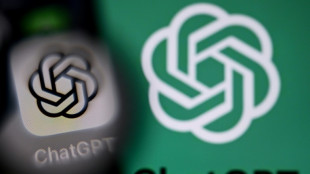
-
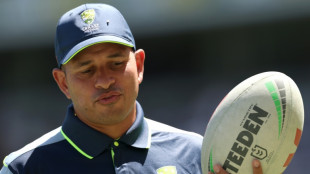 Khawaja left out as Australia's Cummins, Lyon back for 3rd Ashes Test
Khawaja left out as Australia's Cummins, Lyon back for 3rd Ashes Test
-
Australia PM says 'Islamic State ideology' drove Bondi Beach shooters
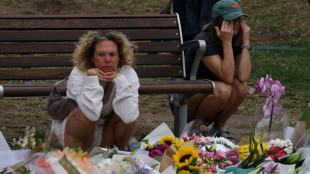
-
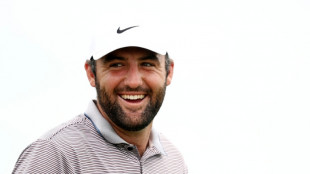 Scheffler wins fourth straight PGA Tour Player of the Year
Scheffler wins fourth straight PGA Tour Player of the Year
-
New APAC Partnership with Matter Brings Market Logic Software's Always-On Insights Solutions to Local Brand and Experience Leaders

-
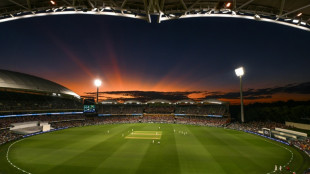 Security beefed up for Ashes Test after Bondi shooting
Security beefed up for Ashes Test after Bondi shooting
-
Wembanyama blocking Knicks path in NBA Cup final
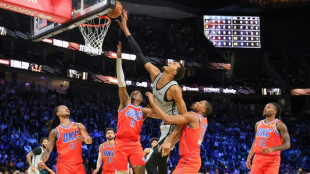
-
 Amorim seeks clinical Man Utd after 'crazy' Bournemouth clash
Amorim seeks clinical Man Utd after 'crazy' Bournemouth clash
-
Man Utd blow lead three times in 4-4 Bournemouth thriller
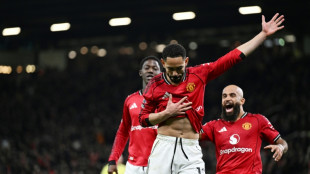
-
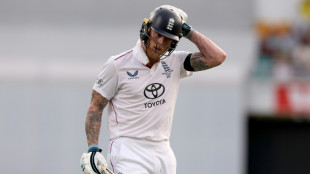 Stokes calls on England to 'show a bit of dog' in must-win Adelaide Test
Stokes calls on England to 'show a bit of dog' in must-win Adelaide Test
-
Trump 'considering' push to reclassify marijuana as less dangerous
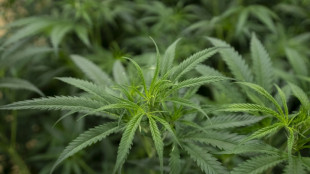
-
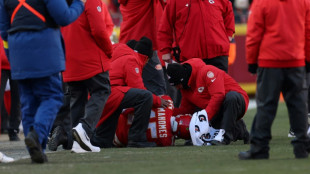 Chiefs coach Reid backing Mahomes recovery after knee injury
Chiefs coach Reid backing Mahomes recovery after knee injury
-
Trump says Ukraine deal close, Europe proposes peace force
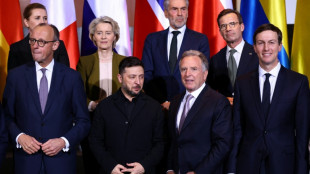
-
 French minister urges angry farmers to trust cow culls, vaccines
French minister urges angry farmers to trust cow culls, vaccines
-
Angelina Jolie reveals mastectomy scars in Time France magazine

-
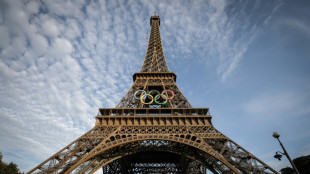 Paris Olympics, Paralympics 'net cost' drops to 2.8bn euros: think tank
Paris Olympics, Paralympics 'net cost' drops to 2.8bn euros: think tank
-
Chile president-elect dials down right-wing rhetoric, vows unity
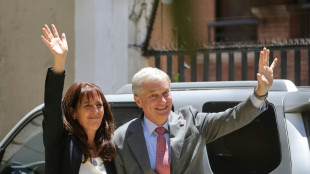
-
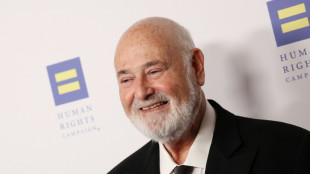 Five Rob Reiner films that rocked, romanced and riveted
Five Rob Reiner films that rocked, romanced and riveted
-
Rob Reiner: Hollywood giant and political activist
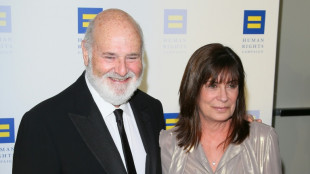
-
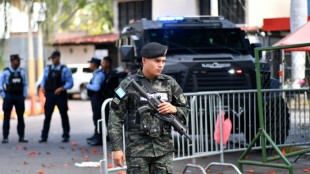 Observers say Honduran election fair, but urge faster count
Observers say Honduran election fair, but urge faster count
-
Europe proposes Ukraine peace force as Zelensky hails 'real progress' with US


Macron battles far-right Le Pen for French presidency
France votes on Sunday in presidential elections facing a stark choice between centrist President Emmanuel Macron and challenger Marine Le Pen, after a fractious campaign that has seen the French far-right come its closest yet to winning power.
Macron goes into the election with a reasonable lead in polls over Le Pen, an advantage he consolidated in the frenetic final days of campaigning, including a no-holds-barred performance in the pre-election debate.
But analysts have warned Macron, who rose to power in 2017 aged 39 as the country's youngest ever modern leader, can take nothing for granted with turnout crucial to ensuring victory.
He must above all ensure that left-wing voters who backed other candidates in the first round on April 10 hold their noses and back the centrist former investment banker to stop Le Pen winning power.
Polls in mainland France will open at 0600 GMT on Sunday and close 12 hours later, immediately followed by projections that usually predict the result with a degree of accuracy.
Some 48.7 million French are eligible to vote.
To take account of the time difference with mainland France, polls opened earlier in overseas territories, home to almost three million French.
The first vote in the election was cast midday Saturday Paris time by a 90-year-old man in the tiny island territory of Saint Pierre and Miquelon off the northern coast of Canada.
Polls subsequently opened in France's islands in the Caribbean and the South American territory of French Guiana, followed by territories in the Pacific and then Indian Ocean before the mainland joins.
- Turnout key -
Macron himself repeatedly made clear that the complacency of stay-at-home voters precipitated the shocks of the 2016 polls that led to Brexit in Britain and Donald Trump's election in the United States.
Analysts say abstention rates could reach 26 to 28 percent, although the 1969 record for a second-round abstention rate of 31.1 percent is not expected to be beaten.
Far-left leader Jean-Luc Melenchon, who scored a close third-place finish in the first-round vote on April 10, has pointedly refused to urge his millions of followers to back Macron while insisting they must not cast a single vote for Le Pen.
Another factor is that elections are being held in the midst of the Easter school break in much of France.
According to Martial Foucault, director of the CEVIPOF political studies centre, the greater the abstention rate the more the gap will narrow between Macron and Le Pen, describing this as a "real risk" for the president.
Early turnout indications will be closely watched from the overseas territories, where average incomes are lower than in mainland France and which generally backed Melenchon in the first round.
- High stakes -
A Le Pen victory would send shockwaves across Europe. Left-leaning EU leaders including German Chancellor Olaf Scholz have pleaded with France to choose Macron over his rival.
The stakes are huge, with Macron pledging reform and tighter EU integration while Le Pen insists the bloc should be modified in what opponents describe as a "Frexit" by another name.
Macron has also bitterly opposed her plan to make it illegal to wear the Muslim headscarf in public.
They have also clashed on Russia, with Macron seeking to portray Le Pen as incapable of dealing with the invasion of Ukraine due to a loan her party took from a Russian-Czech bank.
Le Pen would become modern France's first far-right leader and first female president. Macron would be the first French president to win re-election in two decades since Jacques Chirac in 2002.
Polls have shown Macron with a lead of around 10 percentage points in an outcome much closer than in 2017, when the same candidates faced off.
Macron won then with 66 percent. The other far-right run-off challenge was in 2002 when Chirac crushed Marine Le Pen's father Jean-Marie with over 82 percent of the vote.
R.J.Fidalgo--PC
